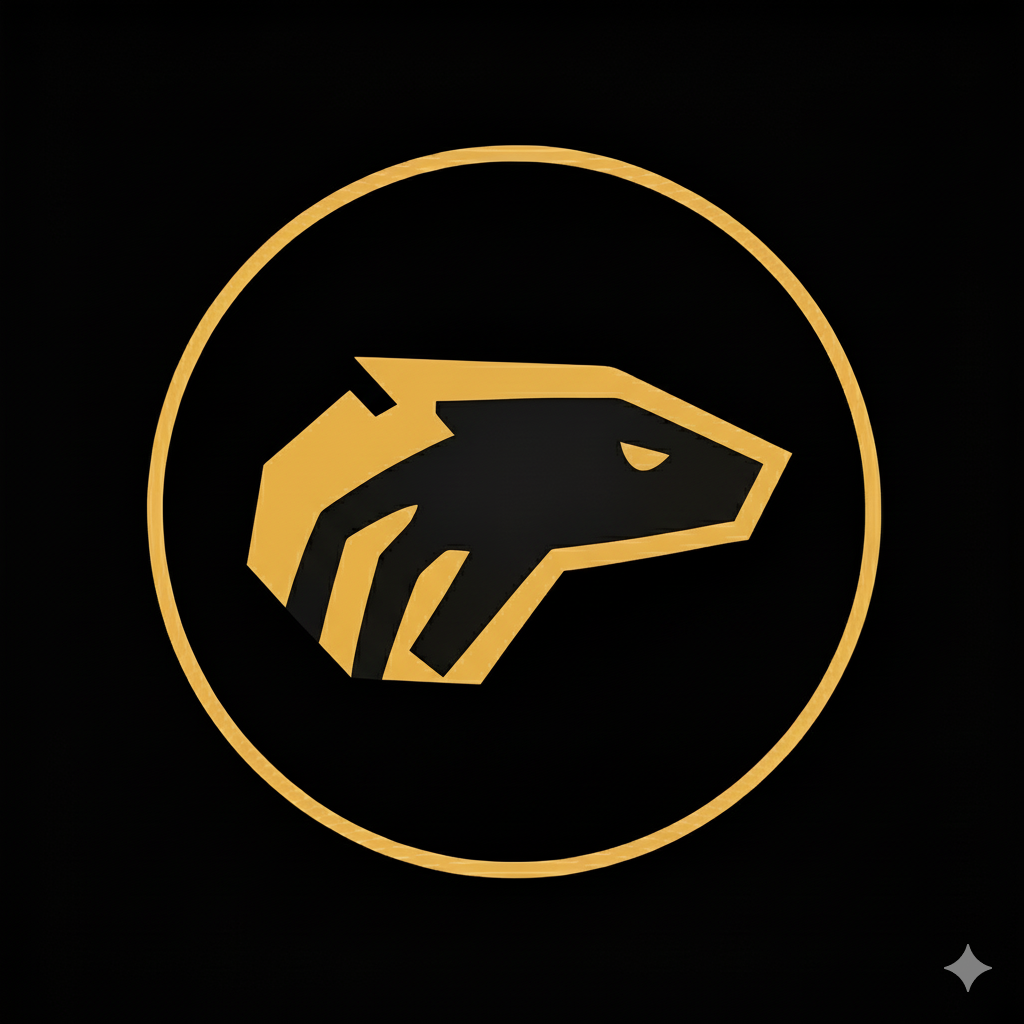The AI Cheating Dilemma: Rethinking Academic Integrity in the Age of Generative AI

Higher education is quietly being transformed — not by new policies or teaching transformation, but by a powerful, accessible force: generative AI. From ChatGPT to Claude, Gemini to Copilot, students are increasingly turning to AI tools to complete academic work. A recent episode of The Gray Area podcast dives into this shift, as host Sean and journalist James Walsh unpack the growing use — and misuse — of AI in college classrooms. Here’s what they uncovered, and why it matters far beyond the world of academia.
How AI Is Rewriting the Rules of Academic Work
Forget copy-pasting from Wikipedia — cheating today is far more sophisticated. Students now use AI to:
- Write entire essays with coherent arguments
- Generate outlines and brainstorm ideas
- Summarize textbooks and lecture notes
- Solve programming assignments
- Analyze data for science and research projects
This isn’t fringe behavior. It’s becoming common practice — and it's changing how students learn and how educators teach.
A Student Body Divided: Efficiency or Erosion?
Student perspectives on AI use are far from uniform:
- Performance Pressure: Some see AI as a necessary edge in a competitive environment — and as essential preparation for an AI-powered job market.
- Learning Anxiety: Others feel conflicted, even guilty. Some report feeling dependent on tools like ChatGPT, with concerns about how it’s shaping their ability to think and learn.
- Ethical Grey Areas: Many are unsure where to draw the line between helpful support and academic dishonesty. Is AI an assistant, or is it doing the thinking for them?
Professors Are Struggling to Keep Up
On the other side of the classroom, faculty are grappling with an entirely new challenge:
- Detection Dilemmas: Many educators, especially in writing and computer science, find it hard to prove when AI has been used — leading to frustration and uncertainty.
- Back to Basics: Some are shifting to oral exams, in-class writing, and handwritten tests to reclaim control over the learning process.
- AI Irony: While professors warn students about using AI, some quietly use it themselves — to build lesson plans, summarize readings, or develop rubrics.
- Emotional Toll: The challenge is taking its toll. Some educators are exhausted, demoralized, even considering early retirement.
What’s the Point of a Degree in an AI World?
As AI proves capable of handling college-level work, deeper questions surface:
- Are Credentials Losing Meaning? If assignments can be auto-completed, what do grades and degrees really measure?
- Are We Losing Core Skills? Students may pass with AI help — but then struggle in interviews, live coding tests, or real-world problem solving.
- Is Learning Still Happening? When students can’t explain the work they submitted, the risk isn’t just cheating — it’s the hollowing out of education itself.
Institutional Paralysis and Societal Stakes
Universities seem unprepared for what’s unfolding:
- Slow Response: Many administrators have yet to respond meaningfully, possibly due to financial pressures or the complexity of the issue.
- Flawed Comparisons: Treating AI like a calculator misses the point — AI doesn’t just compute, it generates, reasons, and rewrites.
- Bigger Risks Ahead: If thinking becomes optional, we may face a broader crisis — a decline in literacy, creativity, and civic discourse.
- Widening Gaps: Access to AI tools, and the knowledge to use them well, could become yet another dividing line between the privileged and the rest.
The Imbila Take: Why This Isn’t Just an Academic Issue
While this debate starts in the classroom, its impact stretches into every sector — especially consulting, education, and advisory work. At Imbila, we believe this isn’t just a challenge. It’s an opening.
A Role for Independent Thinkers
As AI transforms how we work and learn, the value of judgment, ethics, and clear thinking will only grow. There’s an urgent need for:
- L&D Consultants: To help teams and institutions build AI literacy and ethical frameworks into their training programs
- Education Designers: To invent new ways to assess skills — think oral defenses, real-time challenges, micro-evaluations
- AI-Aware Advisors: To guide both students and professionals toward using AI thoughtfully, without outsourcing their intellectual development
We believe the future won’t be owned by the best prompters — but by those who know how to ask better questions, lead with integrity, and build trust in what they create.
What Really Matters: Performance Without a Net
It’s one thing to use AI to get by. It’s another to show up — in a job, a pitch, a conversation — and deliver without it.
Students who rely on AI to code their projects won’t pass a live coding interview. Writers who never write won’t recognize what good thinking sounds like. In this gap between automation and ability lies both a warning and a chance — to build better systems, assessments, and support.
A Final Provocation: Are We All Becoming Editors?
If AI can outwrite most people, is writing still a core skill — or is it evolving?
We may be heading into a future where creative professionals spend less time drafting, and more time shaping — guiding tone, framing ideas, and curating meaning. Writing may shift from a craft of creation to a craft of clarity. That shift isn’t something to fear — but it does require us to adapt.
The Real Question: When Does Smart Become Cheating?
Ironically, the behaviors we criticize in students — automating, optimizing, outsourcing — are exactly what we champion in consulting:
- We reduce time spent on low-value tasks
- We automate what can be streamlined
- We use tools — including AI — to boost efficiency
So if a student uses AI to reduce a five-hour task to 15 minutes, is it cheating — or is it adaptation?
The answer lies in intent. If the goal is mastery, then shortcuts can be self-defeating. But if the goal is communication or exploration, smart tools may be exactly the right choice.
Let’s Redefine Integrity — Together
We’re not just facing an academic crisis. We’re facing a societal shift in how we define effort, value, and learning. At Imbila, we see this as a moment to lead — with transparency, curiosity, and courage.
Not all time saved is dishonest. Sometimes, it’s just progress. Let’s make sure that progress builds better thinkers, not just faster finishers.
Ready to be part of the rethink? Join us at Imbila and help shape the future of learning, consulting, and trust in the age of AI.

